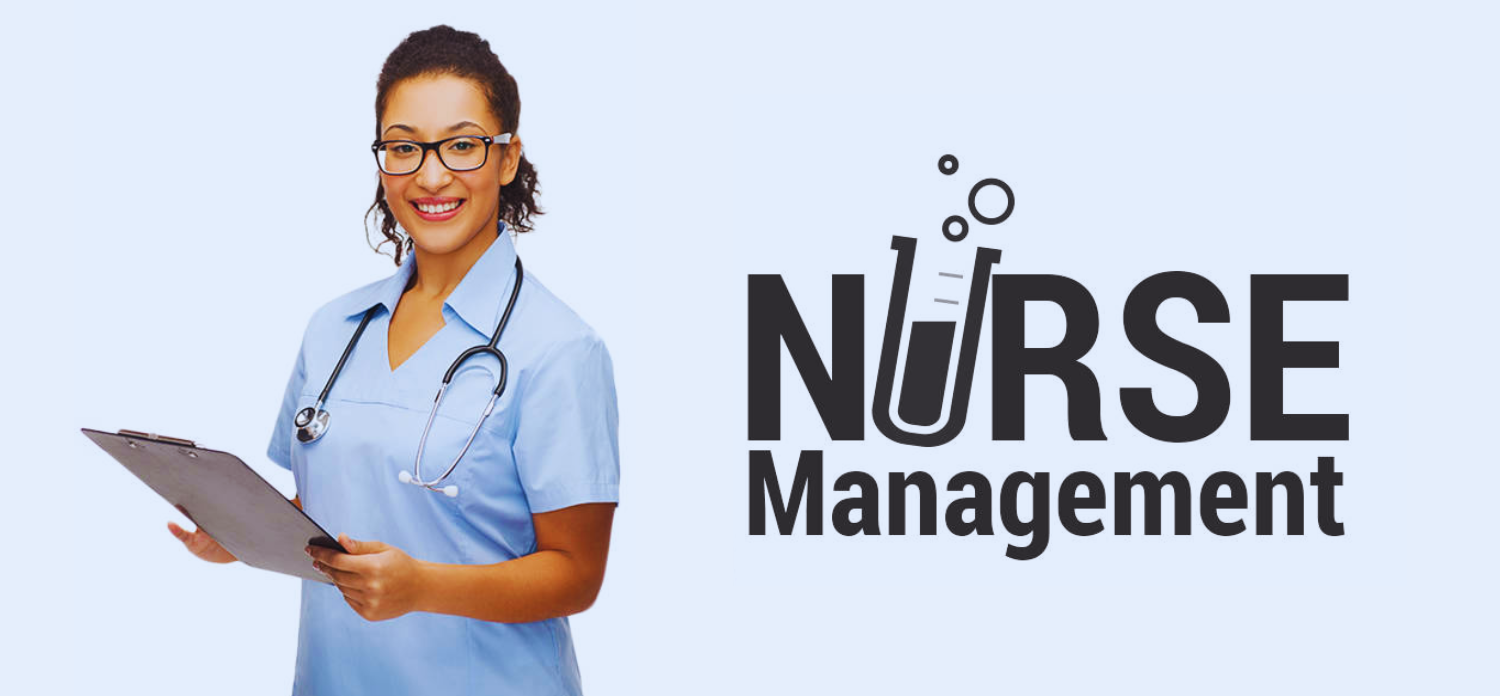Let’s delve into the world of Nursing Management Systems (NMS) within the context of Hospital Management Systems (HMS). These systems play a crucial role in efficiently managing nursing staff and enhancing patient care within healthcare facilities.
Here’s a comprehensive overview :
-
What is a Nursing Management System (NMS)?
- An NMS is a comprehensive solution designed to streamline and automate administrative, clinical, and financial tasks within nursing departments.
- Key functionalities of NMS software include managing schedules, assignments, patient information, clinical documentation, and communication among nursing staff.
- Let’s explore the features and benefits of NMS software.
-
Features and Benefits of Nursing Management Systems :
- Patient Information Management :
- NMS software enables nurses to efficiently manage patient information.
- It stores and provides access to patient demographics, medical history, medications, and allergies.
- This information ensures that patients receive the best possible care.
- OT Scheduling :
- NMS facilitates nurse scheduling and shift assignments.
- Proper workload management ensures that the appropriate nurse is assigned to each patient at the right time.
- Clinical Documentation :
- Nurses can quickly and accurately document patient care.
- Recording vital signs, medication administration, and progress notes is essential for patient safety.
- Billing and Claims Management :
- NMS automates billing processes, reducing errors and improving revenue cycles.
- Efficient claims management ensures timely reimbursement.
- Electronic Medical Record (EMR) :
- NMS offers an EMR system that allows nurses secure access to patient information from anywhere.
- Real-time data availability enhances decision-making.
- Communication and Collaboration :
- NMS facilitates communication among healthcare providers, including nurses, physicians, and other staff.
- Seamless collaboration improves patient outcomes.
- Paperless Workflow :
- Digitizing patient-related details reduces paperwork and administrative burden.
- Patient Monitoring :
- NMS helps track patient progress, ensuring timely interventions.
- Assessment Forms :
- Nurses can use standardised assessment forms for consistent patient evaluation.
- Manage Patient Treatment Schedule :
- Coordinating treatment plans and appointments efficiently.
- Admission, Transfer, and Discharge Activities :
- Streamlining patient transitions within the hospital.
- Medication Management :
- Ensuring accurate medication administration.
- Incident Reporting and Tracking :
- Recording and addressing any incidents promptly.
- Inventory and Resource Management :
- Managing nursing supplies and equipment.
- Billing and Invoicing :
- Linking nursing services to financial processes.
In summary, Nursing Management Systems are crucial for hospitals to provide high-quality patient care, efficient workflows, and effective communication among healthcare teams.
